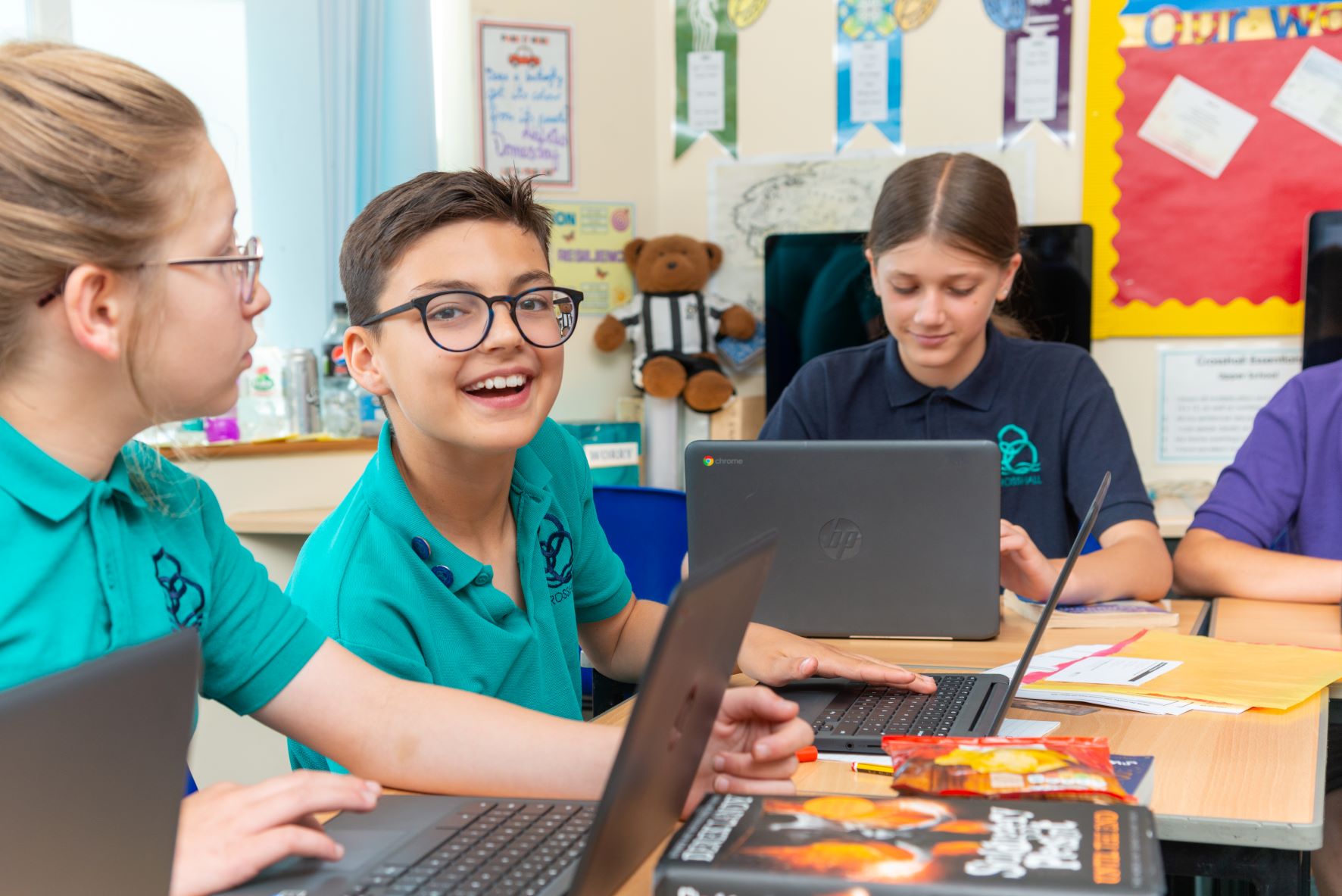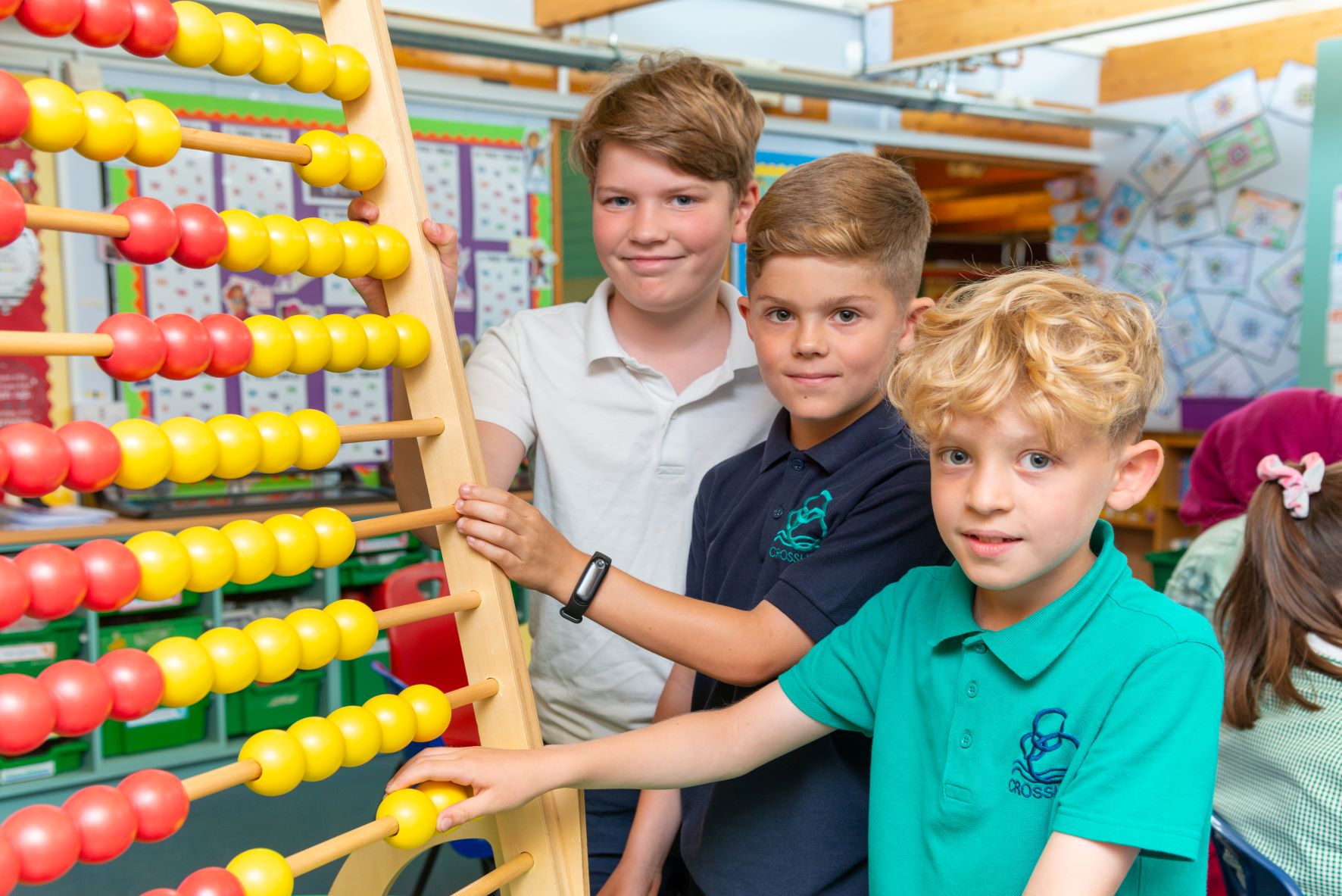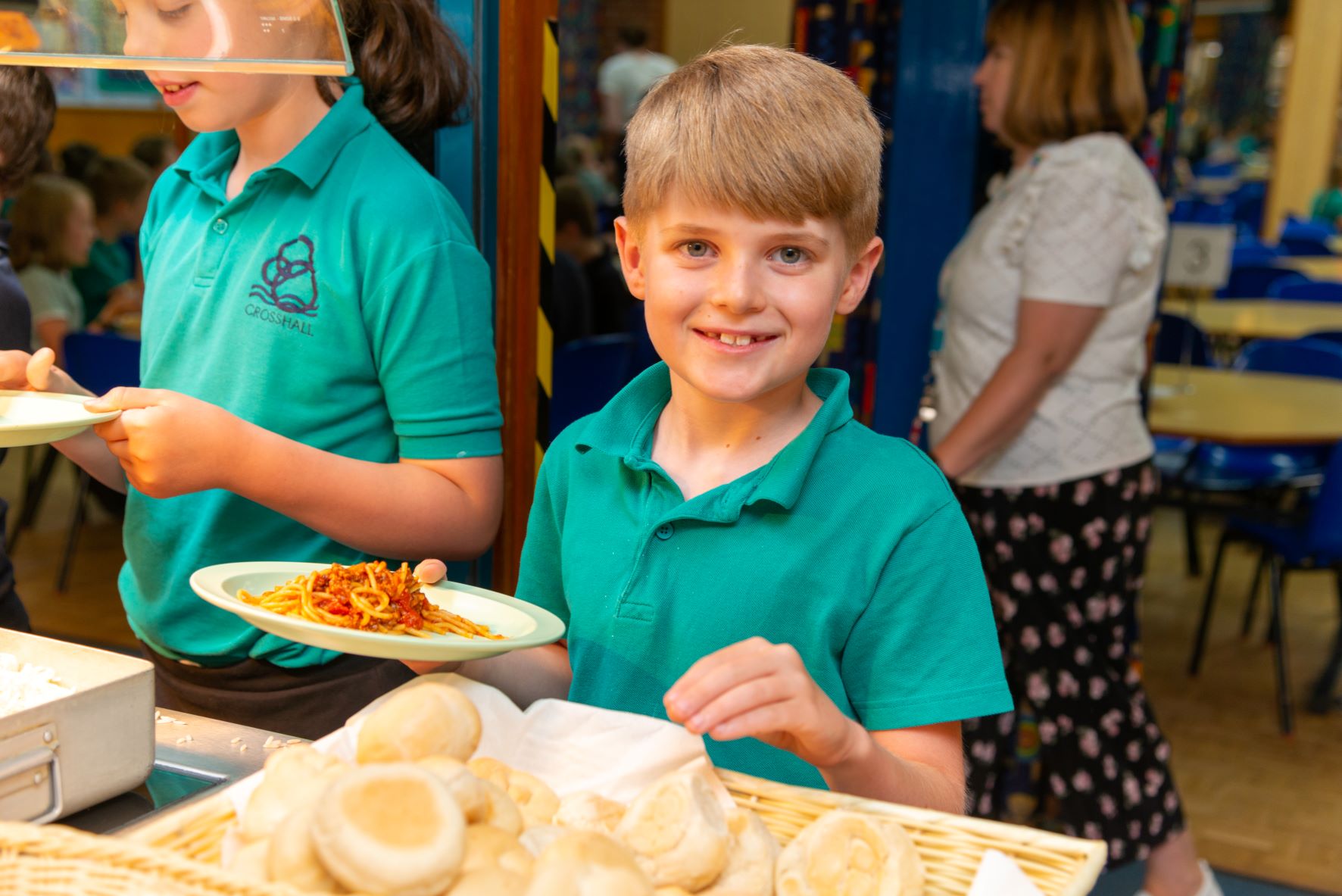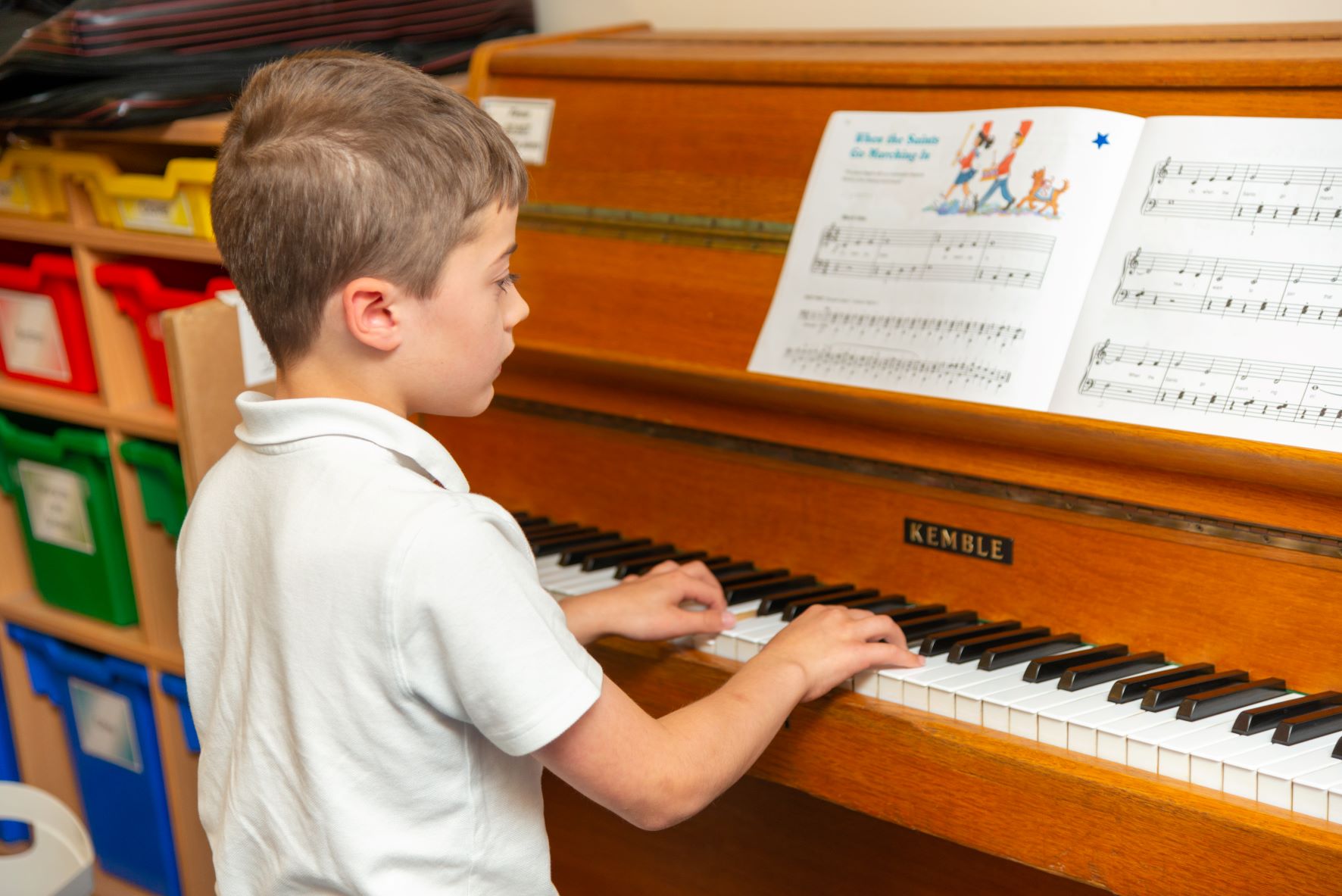" I have a passion for teaching kids to become readers, to become comfortable with a book, not daunted. Books shouldn't be daunting, they should be funny, exciting and wonderful; and learning to be a reader gives a terrific advantage"
- Roald Dahl
At Crosshall Junior School, we strongly believe that reading is not only a vital life skill but a doorway into real world places, experiences, and cultures as well as into a world of imagination and creativity. As such, we aim to engender a lifelong love of reading in all our pupils, and the golden thread of this culture and ethos is woven throughout the school. Quality reading for both pleasure and purpose is a high priority.
Reading for Pleasure
In conjunction with the Open University’s Reading for Pleasure program, we are currently embarking on a whole-school initiative to raise the profile of reading even further, promoting a love of reading and enhancing our already high-quality reading culture. Book blanked activities, reading rivers, and informal book talk are just som of the ways quality reading discussion is encouraged. Pupil attitudes to books and reading have already seen a noticeably positive increase.
Click on each title below for details under each section.
IN-CLASS READING FOR PLEASURE OPPORTUNITIES
In addition, every year we hold a 'Book Week'. This is an immersive reading week involving lots of book talk, oracy, drama and writing, a visiting author and a book fair. There are English-related competitions, a dress-up day and a broad range of activities to promote the joy of reading.
READING ENVIRONMENT
We have a very well-resourced library with a librarian who creates fabulous displays in addition to her work supporting groups during guided reading, helping children select books for independent reading and generally being a source of wisdom about all things literary. To support this amazing work, we have many pupil librarians who help keep the library a warm, tidy, and welcoming space for children to enjoy.
Our Head Teacher, Ms. Anne Eardley, makes use of this space to hold lunchtime story time, and pupils love to curl up on the cushions and listen to a range of texts. It is also where we host our family reading events, which are often so well-attended we have to spill out into other spaces!
To expand our reading spaces further, we also have a 'Book Nook': an outside area where children can access books at lunchtimes, take part in informal book talk, and read and recommend texts to one another.
COMMUNITY ENGAGEMENT
Reading for Purpose
general curriculum
To support phonic understanding, the full range of reading skills and reading prosody, additional targeted interventions are in place in all year groups. Pupils are identified through rigorous assessment via STAR assessments, PiXL testing and teacher assessment, and are monitored and supported to succeed.
EARLY READING
All staff are trained in phonics and are kept updated with the latest vocabulary and guidance. FFT materials are available in all units to support adults and pupils in using phonic knowledge to scaffold reading and writing skills.
DISCRETE READING TEACHING
In Years Five and Six, this approach is developed further using Jane Considine's Reading Rainbow as the basis of Book Talk sessions run several times a week. Lenses and question stems drawn from the National Curriculum are used for targeted questioning about quality texts, with pupils responding verbally or in writing.
independent reading
To identify the appropriate level for each child, STAR reading tests are administered termly. This, in conjunction with other assessments (e.g. PiXL testing, teacher assessment) informs their A.R. level, which is reviewed regularly. Pupils quiz on the books they read and work towards an individualised reading target, which helps teachers to track their level of comprehension and vocabulary development and informs the planning and teaching of reading in class. It also allows teachers to direct pupils' reading, including providing additional support and intervention for those finding reading difficult and stretching pupils by encouraging a broader and more varied book selection.
Furthermore, Home Connect allows parents to receive real-time updates on how their child is performing on their quizzes, their progress towards targets, the certificate they are working towards and much more.
at home
In addition, parents and pupils are encouraged to discuss reading more generally - not just school books, but all reading material; to visit the local library; for adults to share what they are reading; and generally to show that reading is valued at home as well as at school.
"There are many little ways to enlarge your world. Love of books is the best of all"
-Jacqueline Kennedy
"So please, oh PLEASE, we beg, we pray,
Go throw your TV set away,
And its place you can install,
A lovely bookshelf on the wall"
- Roald Dahl, Charlie and the Chocolate Factory
"There is more treasure in books than in all the pirate's loot on Treasure Island"
- Walt Disney
"Today a reader, tomorrow a leader"
- Margaret Fuller





